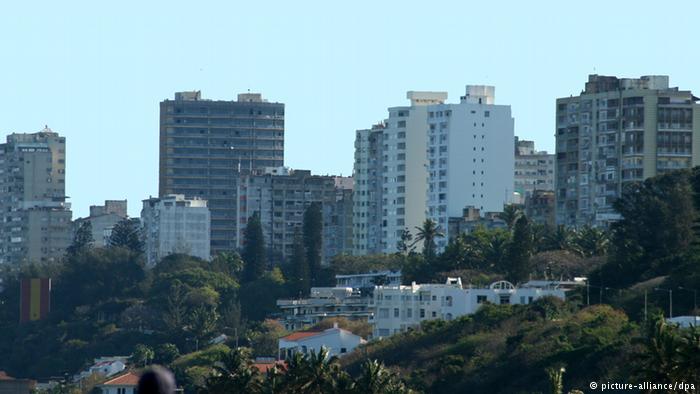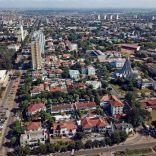Mozambique: Giluba-Lin awarded contract to develop and operate museum-hotel in derelict former PIDE ...
World Bank advocates change in Mozambican land law

DW (File photo) / A view of Maputo, capital of Mozambique
A study by the World Bank says municipalities are losing money because urban land is not being used effectively for the construction of housing and infrastructure, and suggests land law should be revised to address the problem.
“There is a lot of under-used land in the central areas of municipalities which could, according to our calculations, render eight times the income if land law was changed,” World Bank urban expert Andre Hertzog. says
Mozambique’s legislation on urban land “blocks the transfer of land and reduces its value, whether for housing or for the investor”. Land is owned by the state and cannot be sold or otherwise disposed of, mortgaged or pledged by default, Hertzog says.
Anthropological causes
Ernesto Chambisse, mayor of the Xai-Xai municipality, the provincial capital of Gaza in southern Mozambique, says anthropological issues are responsible for land under-utilisation. He says spaces seen as unoccupied may have a different meaning. “These trees, each one of them, can have a name and represent a family,” he notes.
But Simão Rafael, mayor of Maxixe in Inhambane province, admits that poor registration of infrastructure and housing is one of the greatest obstacles to tax collection, and therefore development.
The World Bank report is being presented in Maputo under the Cities and Climate Change Project.











Leave a Reply
Be the First to Comment!
You must be logged in to post a comment.
You must be logged in to post a comment.